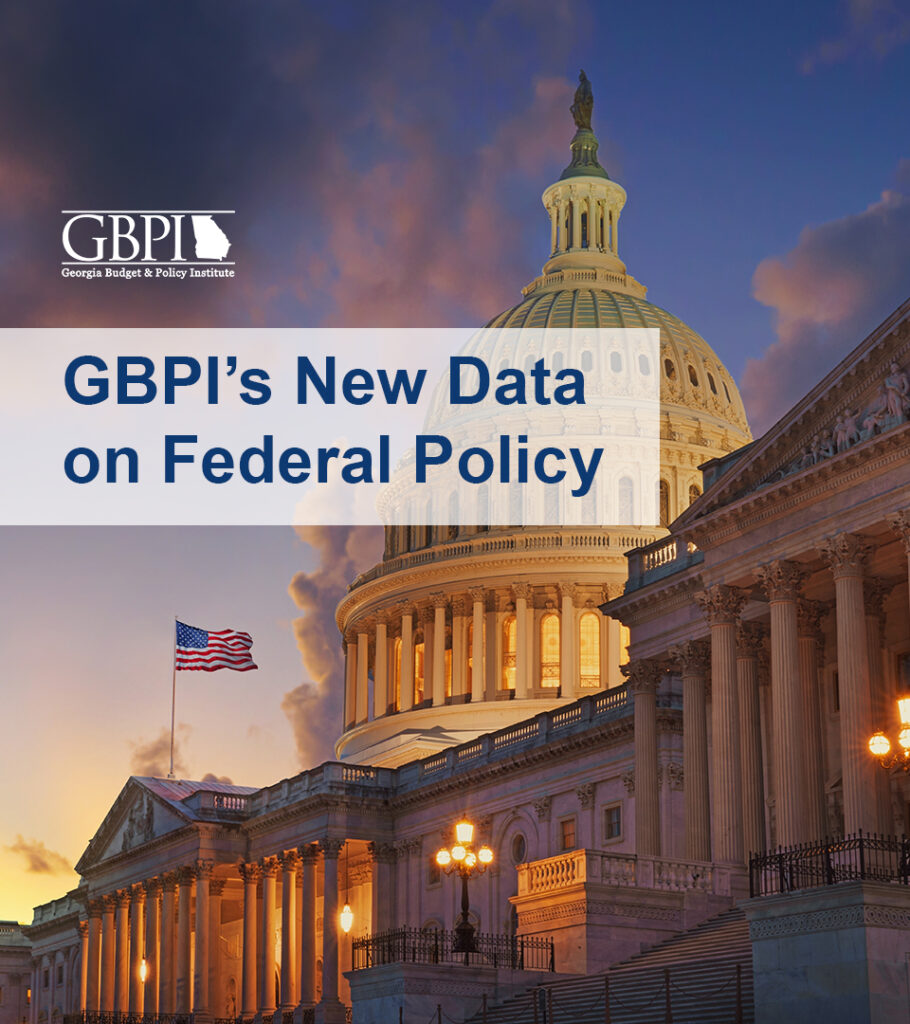Legislation to allow the use of state money for private schools stalled on Crossover Day 2018, while a proposal to give students more time to qualify as HOPE scholars also now faces a more convoluted path to passage.
Meanwhile, a risky tax cut package designed to reduce Georgia revenues by $1.4 billion once fully phased in remains in play and is set to be heard on the Senate floor today. Changes to HB 918 are still possible, an opening for lawmakers to create a state-level Earned Income Tax Credit.
Those are some of the key bills the Georgia Budget and Policy Institute team kept a close eye on Wednesday as the Georgia General Assembly races into the homestretch.
Lawmakers roundly rejected a proposal to allow parents to redirect state money to pay for tuition and fees for private schools, postsecondary institutions, online learning programs, private tutoring, textbooks and curriculum materials, and other expenses. The House voted down the bill 102 to 60. By the fourth year the effects of HB 482 could cost the state treasury as much as $69 million.
A bipartisan proposal to extend the length of time college students can qualify for the HOPE Scholarship failed to emerge from the state House Wednesday. The proposed extension of HOPE eligibility to 15 years from seven is an acknowledgement that the lives of many college students take detours on the path to a college degree. The passage of HB 928 is now more difficult for this session since it didn’t clear at least one chamber before Wednesday’s legislative milestone.
Crossover Day is the date on Georgia’s legislative calendar a bill must move from one chamber to the other to stay on a routine track to pass in the current session. Even bills that don’t cross to the other chamber by the deadline can be revived by legislative maneuvers, but the path isn’t as clear. The 2018 legislative session is the second year of a two-year cycle, so reviving bills that don’t clear both chambers means starting from scratch in 2019.
The GBPI team will continue to monitor and analyze legislation through the scheduled March 29 end of the 2018 General Assembly, with a particular focus on this year’s policy priorities.








